Which is the Better Buy? Gilead Sciences vs Bristol-Myers Squibb
About Gilead Sciences (GILD)
Gilead Sciences is an American biopharmaceutical company based in Foster City, California. They specialize in the development and research of drugs to treat HIV/AIDS, hepatitis, influenza, and Covid-19. Their most public goal and advancements are in their plan to eradicate Hepatitis C as a public health concern by 2030. The biggest competitors for Gilead Sciences are Bristol-Myers Squibb, Merck & Co Inc., and Novartis AG. Gilead is one of the world’s largest healthcare companies, ranking 154th on the Fortune 500, good for the 21st highest ranking healthcare company.
Gilead is currently trading at $63.15, which is below what the GuruFocus FCF intrinsic value formula I have used for previous articles would place their value at. Based on their FCF, their intrinsic value is $76.53. This is a moderate undervaluing based on their free-cash-flow. However, there are other indicators that indicate there may be more value at their current price. In fact, their price-to-FCF is ranked better than over 80% of drug manufacturers.
Gilead’s dividend is also fairly strong for the sector, offering annual yields of 4.88% and quarterly dividends of $0.77. Gilead Sciences has a strong history of increasing their dividend, doing so every year since 2015. This further warrants consideration from investors, as they have shown to be consistent with their increases.
About Bristol-Myers Squibb (BMY)
Bristol-Myers Squibb is an American pharmaceutical company based in Princeton, New Jersey. They specialize in the research and development of medications for cancer, HIV/AIDS, hepatitis, and heart conditions. Their research into the prevention and treatment of cancer is one of their more recognizable goals, and has been at the forefront of their research. Bristol-Myers Squibb is one of the largest pharmaceutical companies in the world, ranking 98th on the Fortune 500. This placed them as the 15th largest healthcare company on the entire list. The biggest competitors for Bristol-Myers Squibb would be very similar to those for Gilead, including Gilead themselves and Merck, while also competing with some of the larger market-cap companies like Johnson & Johnson or Pfizer.
Bristol-Myers Squibb currently trades at a price of $40.81. Based on the formula from GuruFocus, this is well below their free-cash-flow intrinsic value of $68.34. Like Gilead, their price-to-free-cash-flow is excellent, and in fact, is better than 90% of companies in the sector.
Equally impressive is the dividend for Bristol-Myers. Their annual yield of 5.88% is very impressive, and has quarterly returns of $0.60. This is very strong for the sector, and strong in general. They have increased their dividend every year since 2013, showing there is stability with their dividend increases. This warrants strong consideration from investors considering one of the two.

What criteria are we using to compare the two?
Many of the factors mentioned above are what will be used to compare Gilead and Bristol-Myers. First, we will be considering the recent performance of their stock prices, and how their intrinsic values hold up. Also being considered are the dividend yield, and how they compare relative to the rest of the sector.
Performance Comparison
While both Gilead and Bristol-Myers are some of the largest pharmaceutical companies, and some of the most popular buys for investors, both of their recent stock performance has been less than stellar. In the past full year, Gilead Sciences’ stock has tumbled to its current price of $63.15. This is a fall of approximately 14% in the last full year. While this is not great, there is reason to believe there may be improvement in the near future. The largest impact of the stock price was a failed lung-cancer drug trial, but earnings have remained strong for Gilead. This gives me optimism that in the future, the stock price can return to previous levels.
Bristol-Myers has struggled mightily as well. In the past year, their stock price has dropped by 38%. This is cause for concern, as much of this decrease is related to falling short of performance expectations. If there were a single reason to point to, it would be some reassurance, but the trend seems to just be negative, regardless of any specific incidents.
When comparing the intrinsic values of the two companies, Bristol-Myers separates itself as one of the best in the drug manufacturing sector. Being better than 90% of companies in the sector is impressive, and the FCF-based intrinsic value is strong for the sector as well. Gilead is no slouch though, as it is in the top 20% of companies in the sector. In this case, however, the edge goes to Bristol-Myers.
Lastly, we will compare the dividends. Gilead is a fairly strong dividend for the sector. Their 4.88% annual yield and quarterly dividend of $0.77 compares favorably to many companies in the space. That, combined with 9 years of increased dividends, makes Gilead a stock worth considering. Bristol-Myers’ dividend of 5.88% is exceptional. This is absolutely a factor to keep in mind when considering buying BMY stock. Their continued increase of their dividend also shows there is stability with their dividends, and makes Bristol-Myers a strong stock to consider.
Conclusions
Based on the above criteria, there isn’t as clear a decision between the two companies as there have been in some of my other previous comparisons. Trefis considers the two largely similar and doesn’t differentiate either as a clear better pick.
Based on the struggling stock performance, and better recovery post-Covid, I would lean towards Bristol-Myers Squibb being the stronger investment opportunity. While Bristol-Myers has a better dividend, and compares favorably in terms of intrinsic value, their stock performance was not as strong as Gilead’s. I do, however, believe there is improvement on the horizon. Their projected revenue growth is stronger than that of Gilead, and is a positive sign that the ship may be righted. I believe there is more room for improvement from Gilead as well, and that they could recover from their setback last year, but their projected revenue growth is worrying to me. Based on this, I believe Bristol-Myers Squibb is the better buy currently.
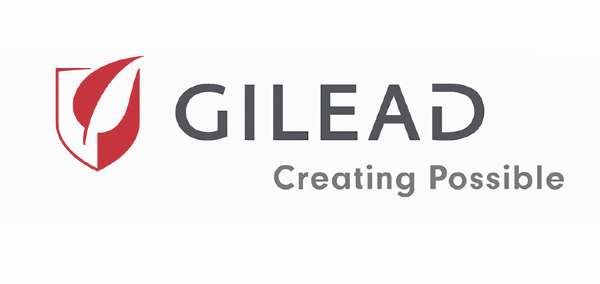


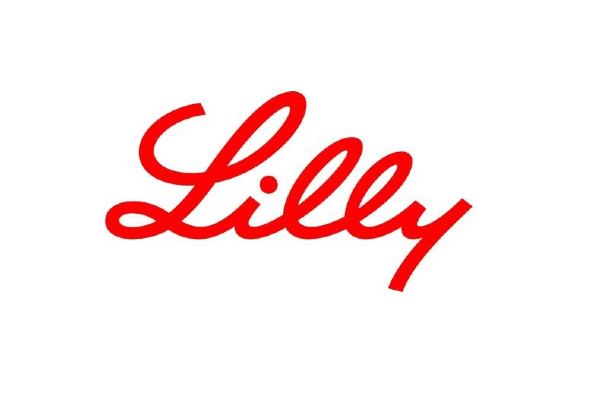
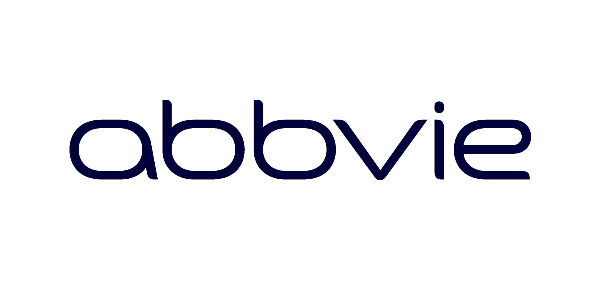
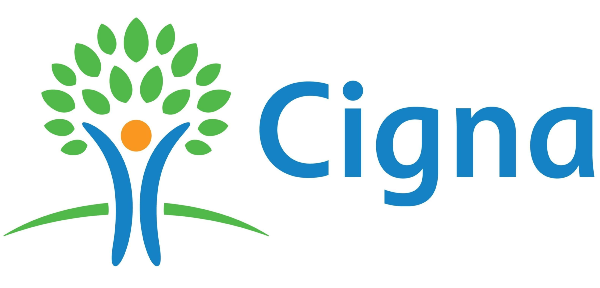
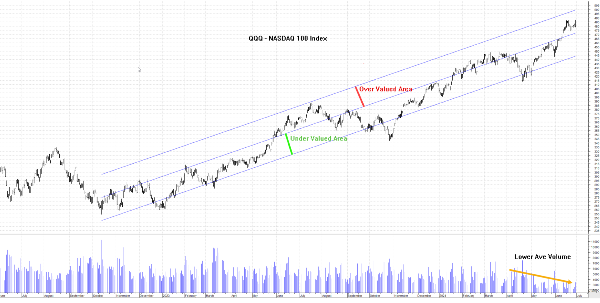
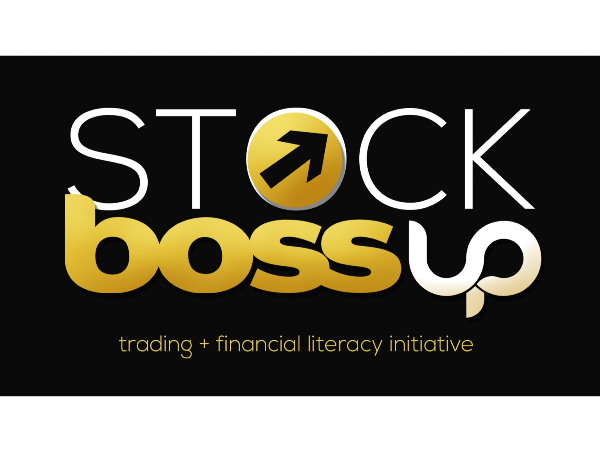
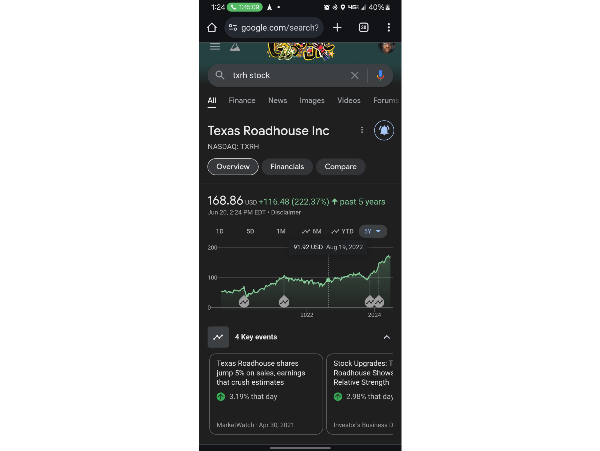

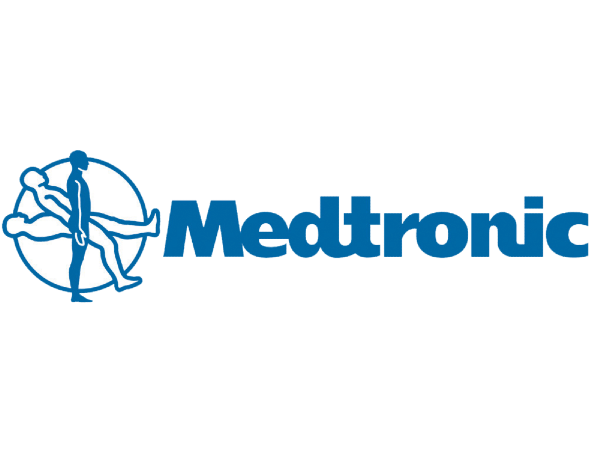
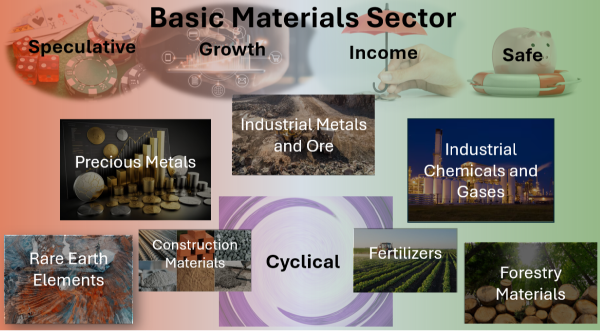
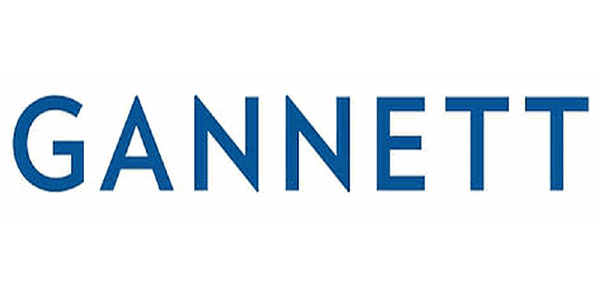





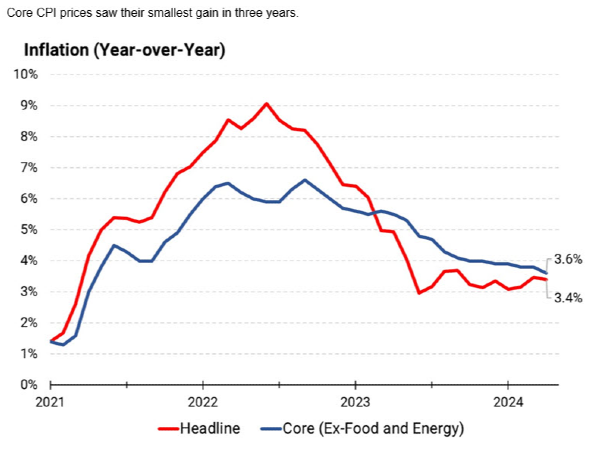
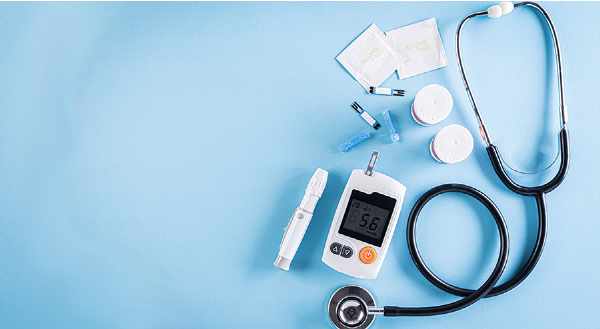
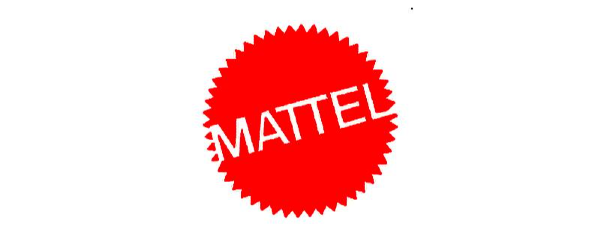









Which is the Better Buy? Gilead Sciences vs Bristol-Myers Squibb
About Gilead Sciences (GILD)
Gilead Sciences is an American biopharmaceutical company based in Foster City, California. They specialize in the development and research of drugs to treat HIV/AIDS, hepatitis, influenza, and Covid-19. Their most public goal and advancements are in their plan to eradicate Hepatitis C as a public health concern by 2030. The biggest competitors for Gilead Sciences are Bristol-Myers Squibb, Merck & Co Inc., and Novartis AG. Gilead is one of the world’s largest healthcare companies, ranking 154th on the Fortune 500, good for the 21st highest ranking healthcare company.
Gilead is currently trading at $63.15, which is below what the GuruFocus FCF intrinsic value formula I have used for previous articles would place their value at. Based on their FCF, their intrinsic value is $76.53. This is a moderate undervaluing based on their free-cash-flow. However, there are other indicators that indicate there may be more value at their current price. In fact, their price-to-FCF is ranked better than over 80% of drug manufacturers.
Gilead’s dividend is also fairly strong for the sector, offering annual yields of 4.88% and quarterly dividends of $0.77. Gilead Sciences has a strong history of increasing their dividend, doing so every year since 2015. This further warrants consideration from investors, as they have shown to be consistent with their increases.
About Bristol-Myers Squibb (BMY)
Bristol-Myers Squibb is an American pharmaceutical company based in Princeton, New Jersey. They specialize in the research and development of medications for cancer, HIV/AIDS, hepatitis, and heart conditions. Their research into the prevention and treatment of cancer is one of their more recognizable goals, and has been at the forefront of their research. Bristol-Myers Squibb is one of the largest pharmaceutical companies in the world, ranking 98th on the Fortune 500. This placed them as the 15th largest healthcare company on the entire list. The biggest competitors for Bristol-Myers Squibb would be very similar to those for Gilead, including Gilead themselves and Merck, while also competing with some of the larger market-cap companies like Johnson & Johnson or Pfizer.
Bristol-Myers Squibb currently trades at a price of $40.81. Based on the formula from GuruFocus, this is well below their free-cash-flow intrinsic value of $68.34. Like Gilead, their price-to-free-cash-flow is excellent, and in fact, is better than 90% of companies in the sector.
Equally impressive is the dividend for Bristol-Myers. Their annual yield of 5.88% is very impressive, and has quarterly returns of $0.60. This is very strong for the sector, and strong in general. They have increased their dividend every year since 2013, showing there is stability with their dividend increases. This warrants strong consideration from investors considering one of the two.
What criteria are we using to compare the two?
Many of the factors mentioned above are what will be used to compare Gilead and Bristol-Myers. First, we will be considering the recent performance of their stock prices, and how their intrinsic values hold up. Also being considered are the dividend yield, and how they compare relative to the rest of the sector.
Performance Comparison
While both Gilead and Bristol-Myers are some of the largest pharmaceutical companies, and some of the most popular buys for investors, both of their recent stock performance has been less than stellar. In the past full year, Gilead Sciences’ stock has tumbled to its current price of $63.15. This is a fall of approximately 14% in the last full year. While this is not great, there is reason to believe there may be improvement in the near future. The largest impact of the stock price was a failed lung-cancer drug trial, but earnings have remained strong for Gilead. This gives me optimism that in the future, the stock price can return to previous levels.
Bristol-Myers has struggled mightily as well. In the past year, their stock price has dropped by 38%. This is cause for concern, as much of this decrease is related to falling short of performance expectations. If there were a single reason to point to, it would be some reassurance, but the trend seems to just be negative, regardless of any specific incidents.
When comparing the intrinsic values of the two companies, Bristol-Myers separates itself as one of the best in the drug manufacturing sector. Being better than 90% of companies in the sector is impressive, and the FCF-based intrinsic value is strong for the sector as well. Gilead is no slouch though, as it is in the top 20% of companies in the sector. In this case, however, the edge goes to Bristol-Myers.
Lastly, we will compare the dividends. Gilead is a fairly strong dividend for the sector. Their 4.88% annual yield and quarterly dividend of $0.77 compares favorably to many companies in the space. That, combined with 9 years of increased dividends, makes Gilead a stock worth considering. Bristol-Myers’ dividend of 5.88% is exceptional. This is absolutely a factor to keep in mind when considering buying BMY stock. Their continued increase of their dividend also shows there is stability with their dividends, and makes Bristol-Myers a strong stock to consider.
Conclusions
Based on the above criteria, there isn’t as clear a decision between the two companies as there have been in some of my other previous comparisons. Trefis considers the two largely similar and doesn’t differentiate either as a clear better pick.
Based on the struggling stock performance, and better recovery post-Covid, I would lean towards Bristol-Myers Squibb being the stronger investment opportunity. While Bristol-Myers has a better dividend, and compares favorably in terms of intrinsic value, their stock performance was not as strong as Gilead’s. I do, however, believe there is improvement on the horizon. Their projected revenue growth is stronger than that of Gilead, and is a positive sign that the ship may be righted. I believe there is more room for improvement from Gilead as well, and that they could recover from their setback last year, but their projected revenue growth is worrying to me. Based on this, I believe Bristol-Myers Squibb is the better buy currently.